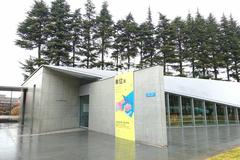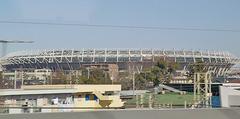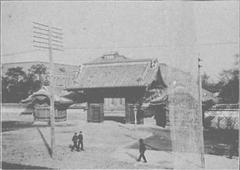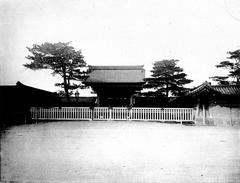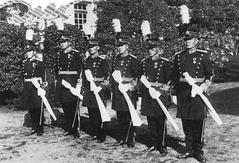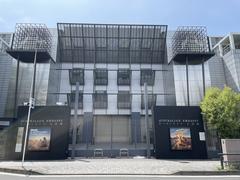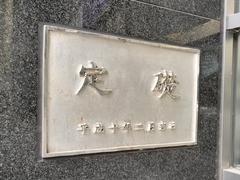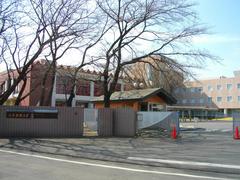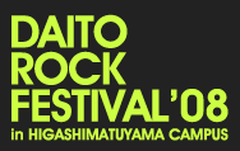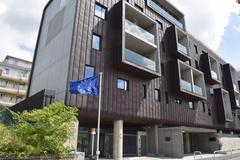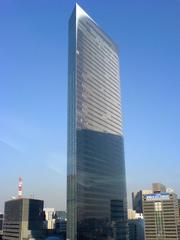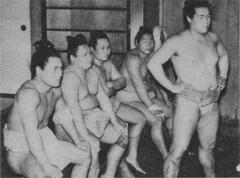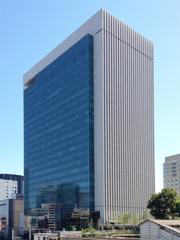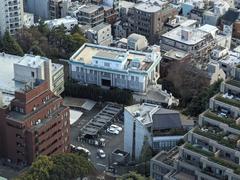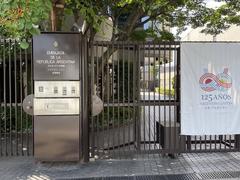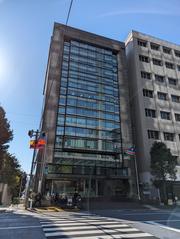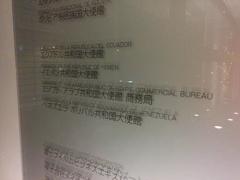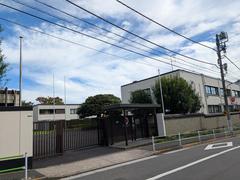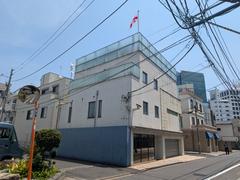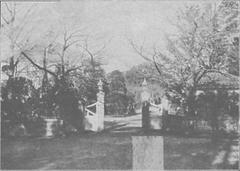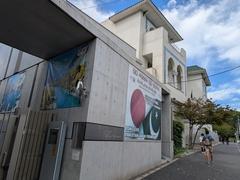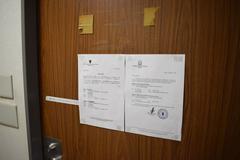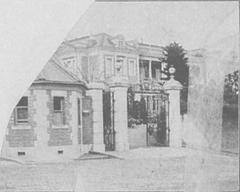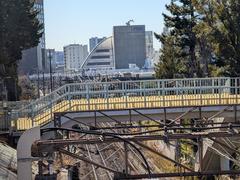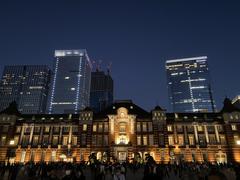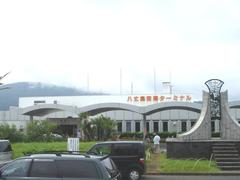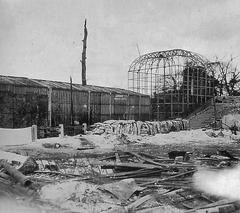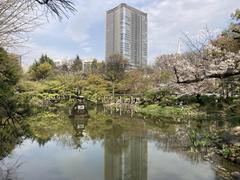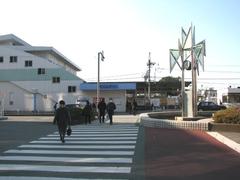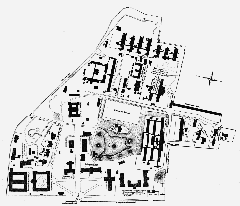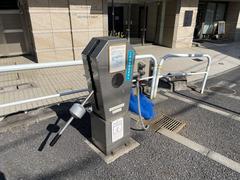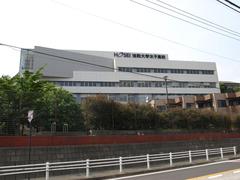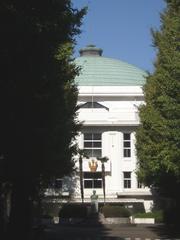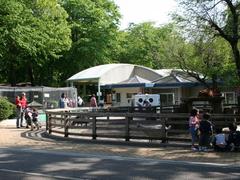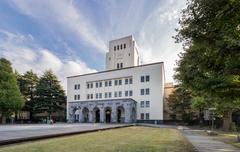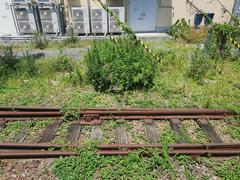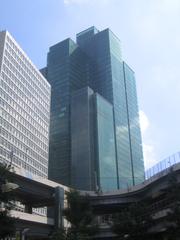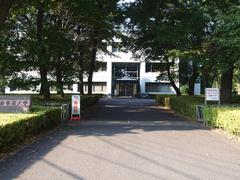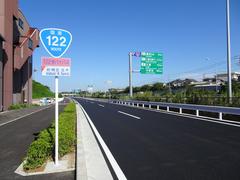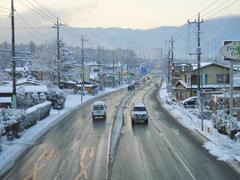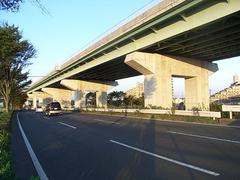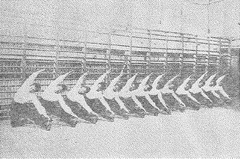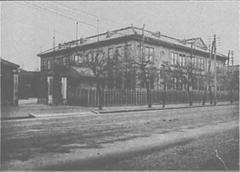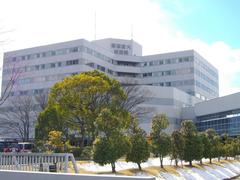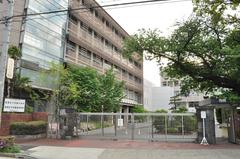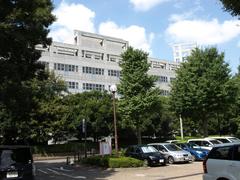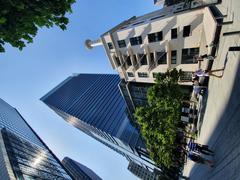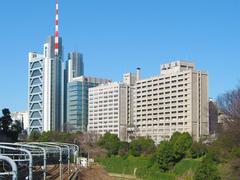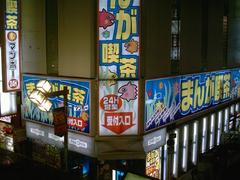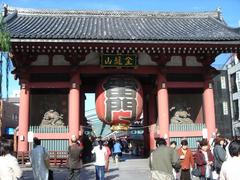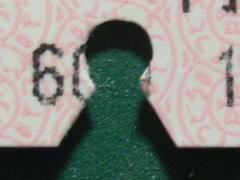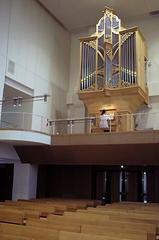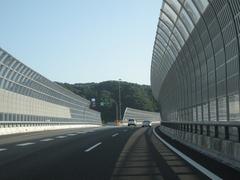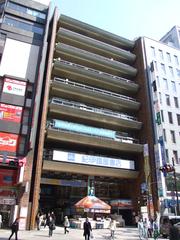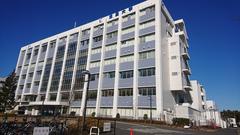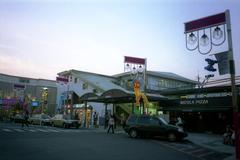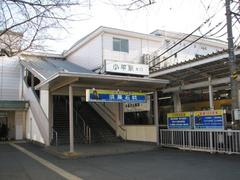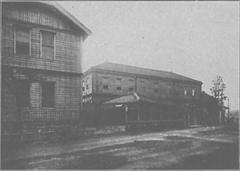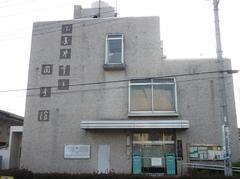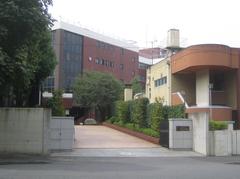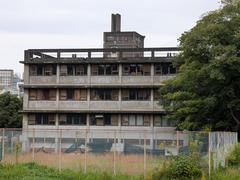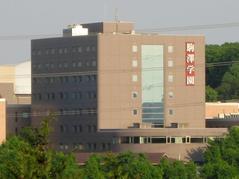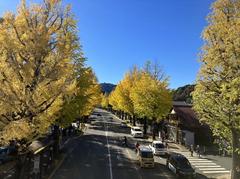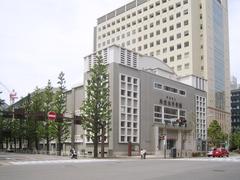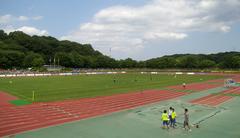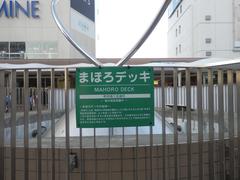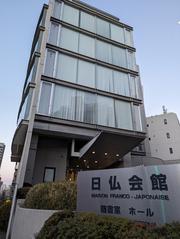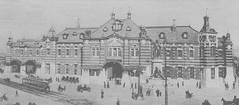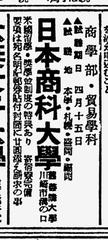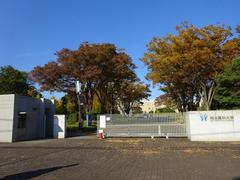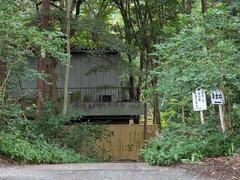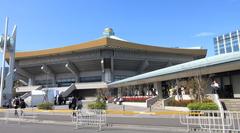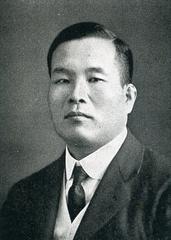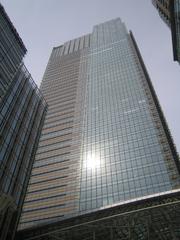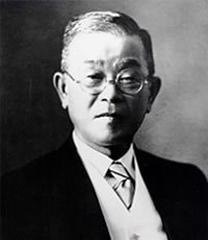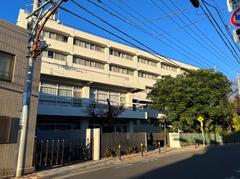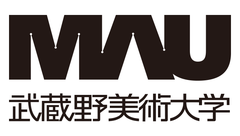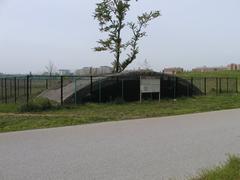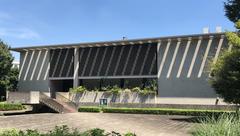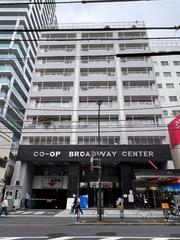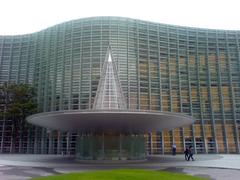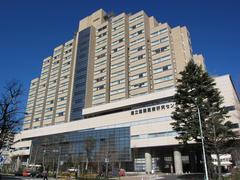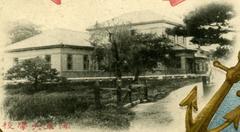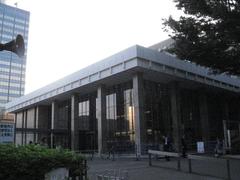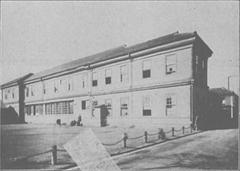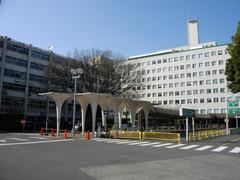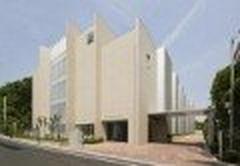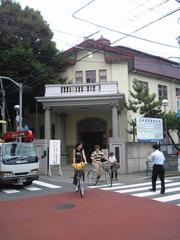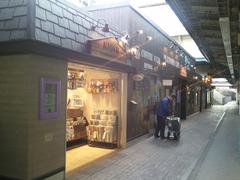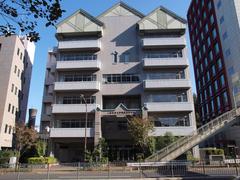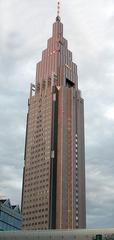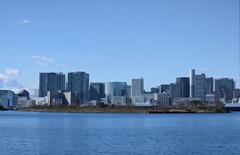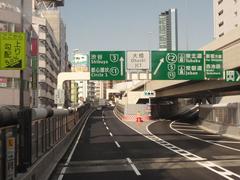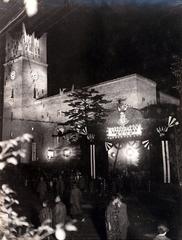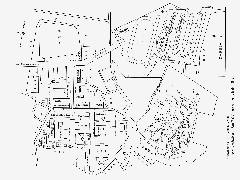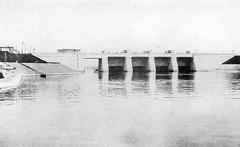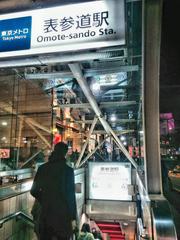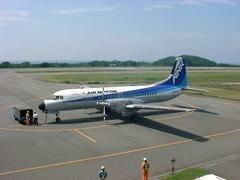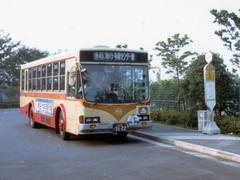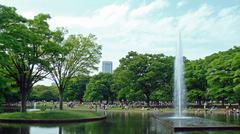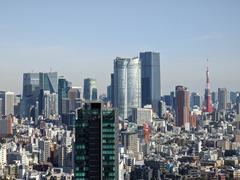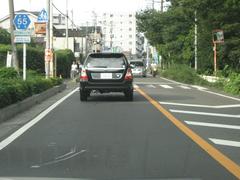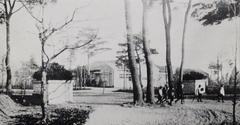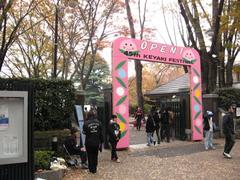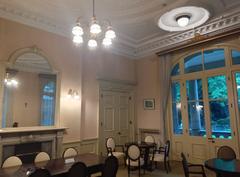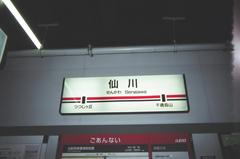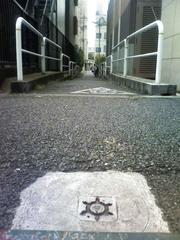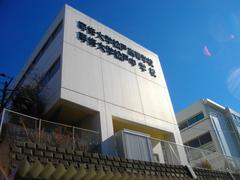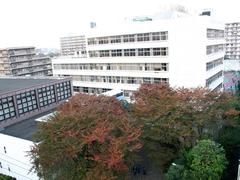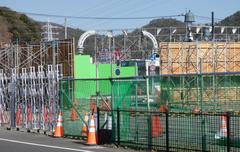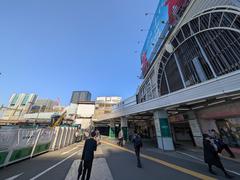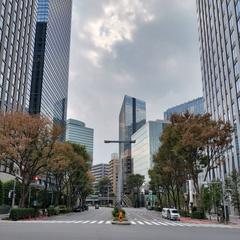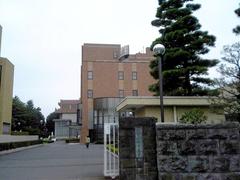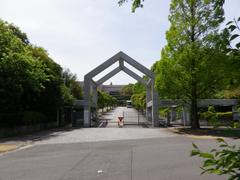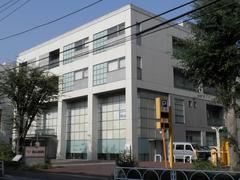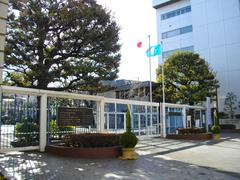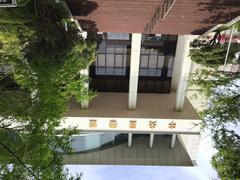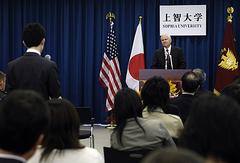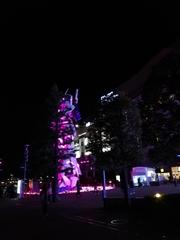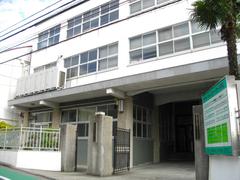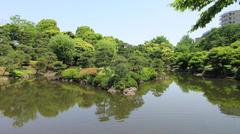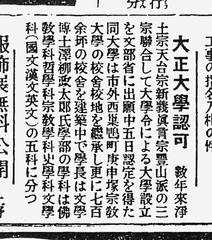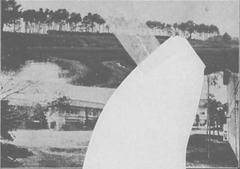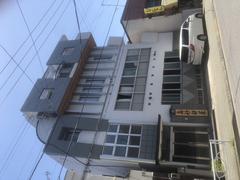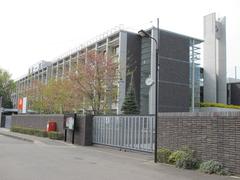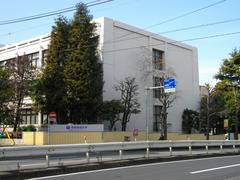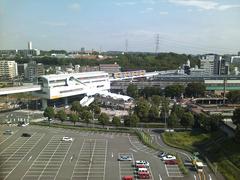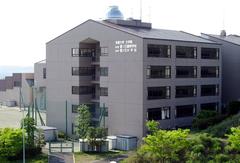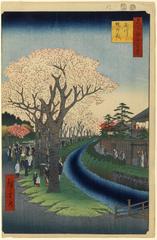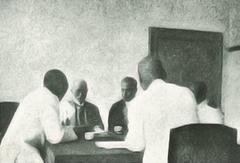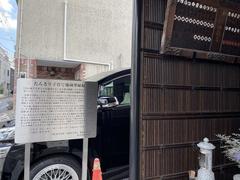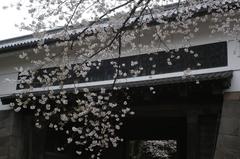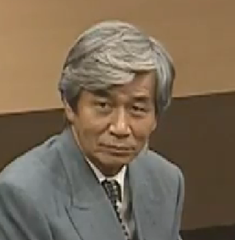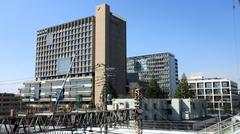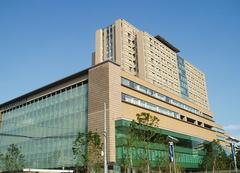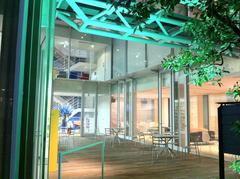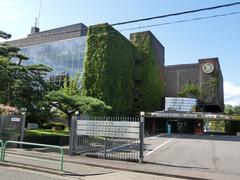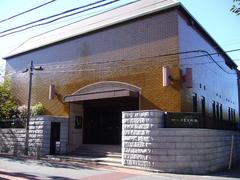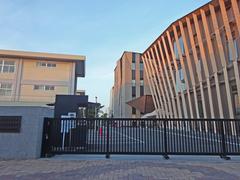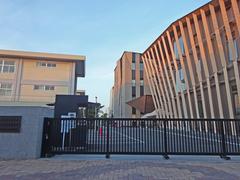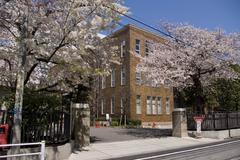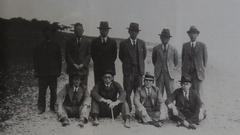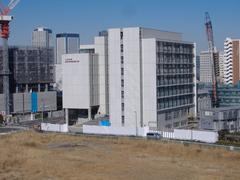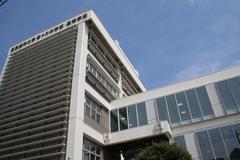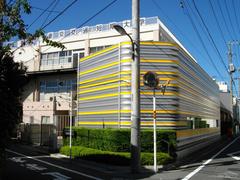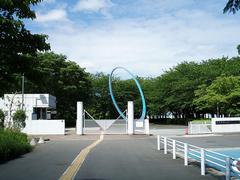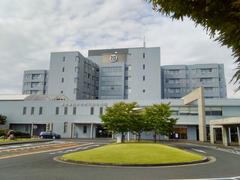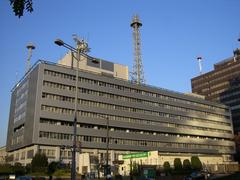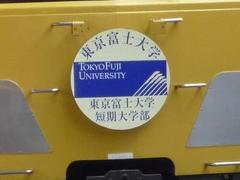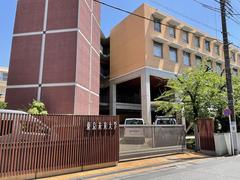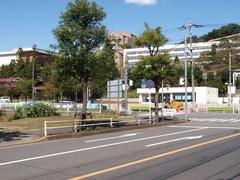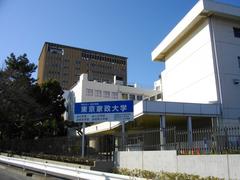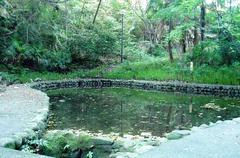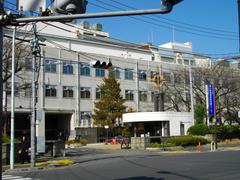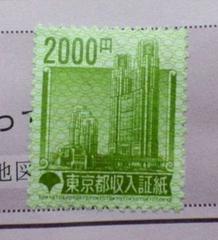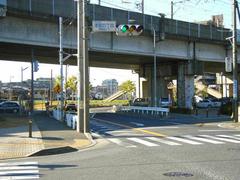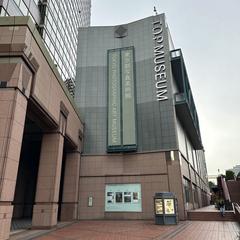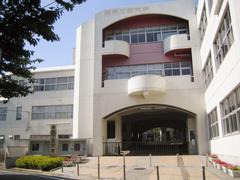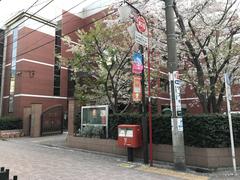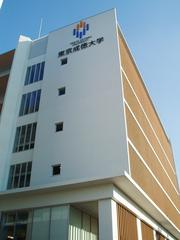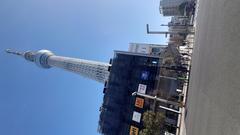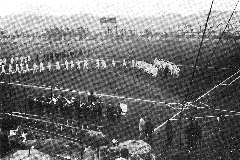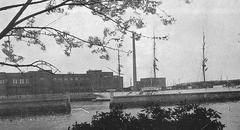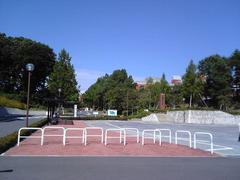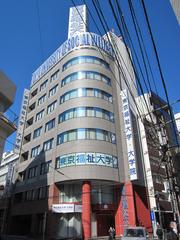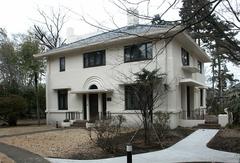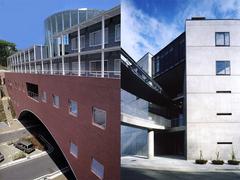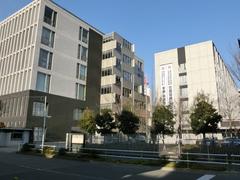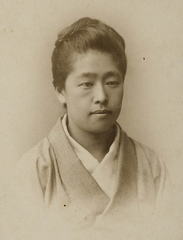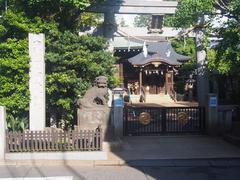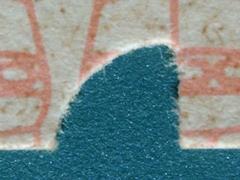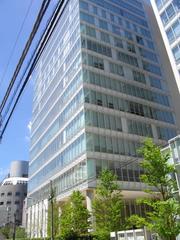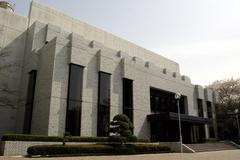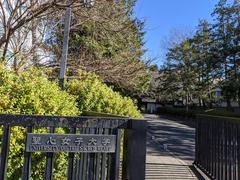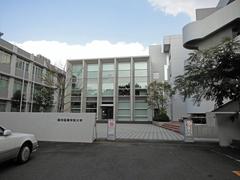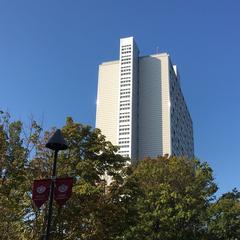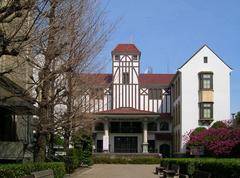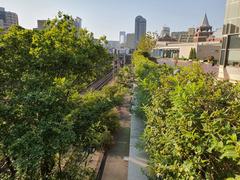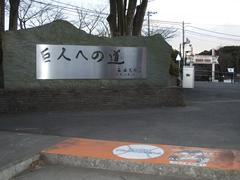
Embassy of Mali in Tokyo: Visiting Hours, Tickets, and Information
Date: 04/07/2025
Introduction
The Embassy of Mali in Tokyo serves as an essential diplomatic bridge between Mali and Japan, reflecting decades of cooperation since Mali’s independence in 1960 and the embassy’s establishment in 2002. As Mali’s official diplomatic mission in Japan, the embassy provides vital consular services, supports the Malian community, and promotes Malian culture. Whether you are seeking consular assistance, participating in cultural events, or interested in Mali’s diplomatic engagement in Asia, this guide offers comprehensive, up-to-date information for a respectful and efficient visit.
For official updates, always consult the Embassy of Mali in Japan website and authoritative sources (embassies.net, Aid-Air).
Table of Contents
- Historical Background
- Visitor Information
- Diplomatic Significance
- Embassy Structure and Services
- Payments and Security
- Languages of Service
- Cultural Etiquette
- Nearby Tokyo Landmarks
- Practical Tips for Tourists
- FAQs
- Visiting Mali: Historical Sites and Travel Tips
- Conclusion
- References
Historical Background
Establishment and Growth
Following Mali’s independence, Japan recognized the nation in 1960, laying the foundation for steady diplomatic relations. Initially managed via the Malian embassy in Beijing, diplomatic representation in Japan was solidified in June 2002 with the opening of the embassy in Tokyo (ambamali-jp.org). In 2008, Japan reciprocated by opening its own embassy in Bamako, further enhancing bilateral cooperation across education, health, agriculture, and infrastructure.
The Malian Community
As of 2021, around 269 Malians reside in Japan, and the embassy plays an active role in supporting this diaspora, offering consular services and fostering cultural exchange (ambamali-jp.org).
Visitor Information
Location and Accessibility
- Address: 3-12-9, Kami-Osaki, Shinagawa-ku, Tokyo 141-0021, Japan
(Official Embassy Website) - Telephone: +81 3-5447-6881
- Fax: +81 3-5447-6882
- Email: [email protected]
The embassy is easily accessible via Meguro and Gotanda stations (JR Yamanote Line, Tokyo Metro), and approximately 30 minutes by taxi or train from Haneda Airport.
Visiting Hours and Appointments
- Office Hours: Monday to Friday, 10:00 AM – 5:00 PM
(Some sources note 9:30 AM – 12:30 PM & 1:30 PM – 5:30 PM; always confirm before visiting. (Aid-Air)) - Closed: Saturdays, Sundays, and Malian/Japanese public holidays.
- Appointments: Required for all consular, visa, and legal services. Book via phone or email.
Accessibility and Security
- Wheelchair accessible; visitors needing special assistance should notify the embassy in advance.
- All visitors must present valid ID and appointment confirmation.
- Security screening applies; large bags may not be permitted.
Photography and Entry
- Photography inside the embassy is prohibited unless permitted.
- There is no ticket required for embassy appointments.
Diplomatic Significance
- Bilateral Relations: The embassy manages diplomatic, economic, scientific, and cultural exchanges between Mali and Japan, and represents Mali in multilateral forums (embassies.net).
- Development Cooperation: The embassy coordinates Japan’s development aid, supporting Mali’s national priorities in education, infrastructure, food security, and more (ambamali-jp.org).
- Cultural Diplomacy: The embassy regularly hosts Malian cultural events, open to the public, to promote mutual understanding.
- Consular Support: Services include passport renewal, visa processing, legal assistance, and support for Malians in Japan and Japanese interested in Mali.
Embassy Structure and Services
Leadership and Departments
- Head of Mission: Mr. Taoule Keita, Chargé d’Affaires a.i. (123Embassy.com)
- Consular Section: Handles visas, passports, legalizations, and support for Malians.
- Visa Department: Visa applications accepted in person or by mail; payment details and required documents are on the embassy website.
- Cultural/Press Affairs: Promotes Malian culture and liaises with Japanese media.
- Development/Economic Affairs: Oversees bilateral economic initiatives and partnerships.
Jurisdiction
The Tokyo embassy serves residents in Japan, Australia, New Zealand, South Korea, and the Philippines.
Payments and Security
Consular Payments
- Bank: Bank of Mitsubishi UFJ, Toritsu Daigaku Ekimae Branch
- Account Name: Embassy of Mali
- Account Number: 111 090 7006
- SWIFT Code: BOTKJPJT
Payments must be made in Japanese yen; include fees for bank commission and document return if applying by mail.
Security Protocols
- Present identification and appointment confirmation.
- Comply with security screening and restrictions on personal items.
Languages of Service
Services are offered primarily in French and Japanese; English is available for basic communication.
Cultural Etiquette
Japanese Protocol
- Dress: Wear formal, conservative attire; suits are appropriate.
- Greetings: Bowing is customary; handshakes are acceptable.
- Punctuality: Arrive on time for your appointment.
- Behavior: Speak quietly, use polite language, and refrain from using mobile phones in waiting areas.
- Documentation: Bring all required paperwork, organized and ready.
(Visit to Japan, Japan Nakama)
Malian Customs
- Hospitality: Accept refreshments graciously.
- Respect: Address staff formally and express gratitude for assistance. (Another Travel)
Common Mistakes to Avoid
- Wearing outdoor shoes into restricted areas.
- Speaking loudly or interrupting staff.
- Entering staff-only zones or taking photos without permission.
Nearby Tokyo Landmarks
- Tokyo Tower: 1.5 km; panoramic views, museums (Go Tokyo)
- Roppongi Hills: 1 km; shopping, art museums
- Zojo-ji Temple: 2 km; historical Buddhist temple
- Shiba Park: Adjacent; cherry blossoms and open spaces
- Akasaka District: 2 km; embassies, Hie Shrine
- Meiji Shrine/Harajuku: 4 km; iconic shrine and youth culture
- Shibuya Crossing: 5 km; world-famous intersection (Tokyo Tourists)
- Tsukiji Outer Market: 3 km; seafood and street food
- Imperial Palace: 3.5 km; gardens and residence
- National Art Center: 2 km; rotating exhibitions
Practical Tips for Tourists
- Transport: Use Tokyo Metro (Hibiya, Oedo, Namboku lines); IC cards (Suica/Pasmo) are convenient.
- Weather: July is hot and humid; dress accordingly and stay hydrated (Reddit Japan Travel Tips).
- Language: English signage is common; translation apps are helpful.
- Safety: Tokyo is very safe, but keep valuables secure.
FAQs
Q: What are the embassy’s visiting hours?
A: Monday to Friday, 10:00 AM – 5:00 PM (confirm before visiting).
Q: How do I book an appointment?
A: Contact the embassy via phone or email; appointments are required for most services.
Q: Is the embassy wheelchair accessible?
A: Yes; notify the embassy in advance if assistance is needed.
Q: Can I visit without an appointment?
A: Walk-ins are generally not accepted.
Q: Is photography permitted?
A: No, unless expressly authorized.
Q: What documents do I need for visa applications?
A: Refer to the embassy website for the latest requirements.
Visiting Mali: Historical Sites and Travel Tips
Top Sites
- Timbuktu: Renowned for its ancient manuscripts and mosques.
- Great Mosque of Djenné: World’s largest mud-brick building (open 9 AM–5 PM, except during prayers).
- Bandiagara Escarpment: Dogon villages and dramatic landscape.
- Tomb of Askia in Gao: Historic mud structure.
Hours and Tickets
Sites are generally open daily, 9 AM–5 PM, with entry fees from 500–1,500 CFA francs (about 1–3 USD). Check for holiday closures.
Travel Tips
- Hire local guides for cultural context.
- Bring vaccination proof (yellow fever required).
- Dress modestly and ask before photographing people.
- Prepare for uneven terrain and limited accessibility.
FAQs
Q: Do I need a visa for Mali?
A: Yes; apply through the embassy with required documents.
Q: Best time to visit?
A: November to February (dry season).
Q: Are there safety concerns?
A: Some areas may have travel advisories—check official guidance.
Q: Can non-Muslims enter the Great Mosque of Djenné?
A: Entry is generally restricted, but the exterior can be viewed.
Conclusion
The Embassy of Mali in Tokyo plays a vital role in fostering Mali-Japan relations, supporting the Malian community, and promoting cultural exchange. Its accessible location, structured appointment system, and adherence to both Japanese and Malian etiquette ensure an efficient and respectful experience for all visitors. For the most current information, always consult the official embassy website and related authoritative sources.
References
- Embassy of Mali in Japan: Bilateral Relations
- Embassy of Mali in Tokyo: Location and Information
- Aid-Air: Embassy of Mali in Tokyo
- embassies.net: Mali in Japan
- 123Embassy: Embassy Leadership
- InterviewGuy: Embassy Staff Job Description
- visalist.io: Mali Visa Information
- Visit to Japan: Japanese Etiquette
- Japan Nakama: Guide to Japanese Etiquette
- Another Travel: Malian Culture
- Go Tokyo: Tokyo Landmarks
- Tokyo Tourists: Top 5 Tourist Spots
- Reddit: Japan Travel Tips

